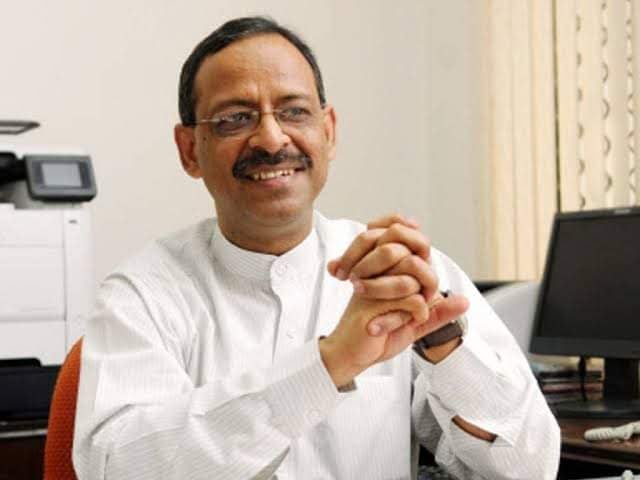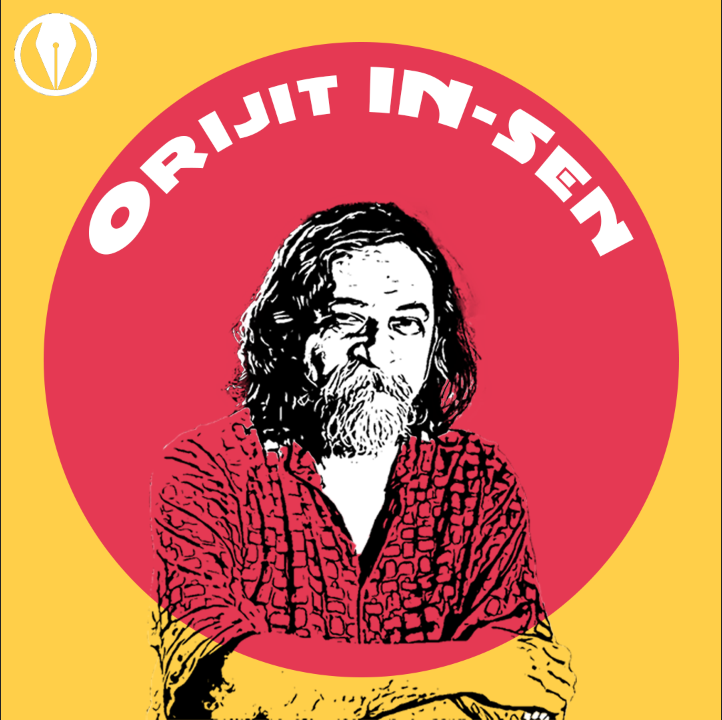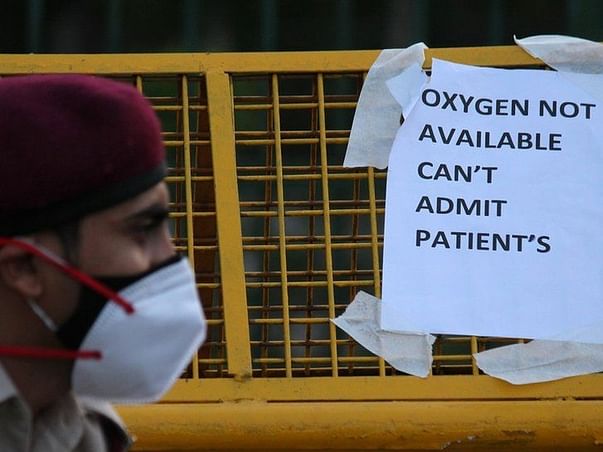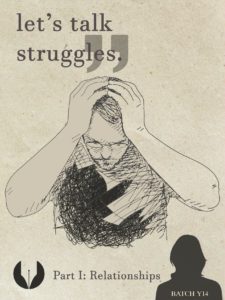The Academics and Career Council IITK hosted a talk by Mr. Anil Swarup, who is an author and a retired officer from the Indian Administrative Service. In 38 years of his bright career, he served as the School Education & Literacy Secretary of India and the Coal Secretary of India. He is most popular for his book “Not Just a Civil Servant”. Vox Populi IITK had the privilege to take his interview.
In a very large population of civil services aspirants we get to observe that they have a variety of perceptions about the civil services and various motivating factors to prepare for the UPSC CSE exam – Perks and amenities and Power in many of the cases. How is this common perception of the civil services different from the ground reality of it?
It would be wrong to say that most of those who aspire to be civil servants, don’t do that for the power. Yes, each individual aspires to become powerful. But the most important question is, what gives you power? For example, helping a poor helpless person could give you power or wielding a baton can give you power – it depends on how you define power, and each individual will have to determine for themselves what power means for them.
Power means influencing the minds and actions of other people. Now, how would you want to do that- with a YES? Or with a NO? That is again very personal to every individual. Speaking for myself, over a period of time, I discovered that the power of YES was much higher than the power of NO. The power of NO goes away once you are no more a civil servant; however, the power of YES lingers on even after you have quit the service, and that is where your true worth gets discovered.
More than that, it is all a question about what gives you a ‘kick’ – whether abusing someone gives you a ‘kick’ or helping someone gives you a ‘kick’? Again, as I said, it is very personal – each individual has to decide for themselves. In my own career, helping others gave me enormous ‘kick,’ hence, that was power for me.
For the civil services, if you already have too many preconceived notions, then it could be troublesome because a civil servant is not perhaps as powerful in tradition as it is understood otherwise. Whereas you can become very powerful by using whatever that is given to you in helping others – the support system around you becomes so huge that you do feel powerful.
It is from your support system rather than through coercion that you get your power!
Being a civil servant for over 38 years, you have an experience of working different generations of civil servants. What is your expectation from the next generation of civil servants and how have these expectations evolved from your time till today?
The times keep changing, and so do the roles of the civil servants in each period. When India gained independence, the civil servants had a very different role from what they had in my time or what they have today. The functions have evolved, and my expectations from the coming generations of civil servants is that you should discover for yourself what you like and do the same. Do not do things that you would want to show off to others, instead do the things that give you your ‘kick.’ It is when we try to achieve something to show off or display to others, numerous problems arise.
You have worked very closely with the Education sector for a significant period. According to you, how are the higher education institutions of India, like the IITs, contributing to the nation building process? And, what more must we do, in order to achieve greater heights?
I believe that there should be a higher association of the IITs with the industry and the government. The interface with the government and the industry needs to increase for the students studying in these institutes to get a better hang of the practical dimension of what they are learning. Similarly, both the government and the industry will benefit if they interact with the IITs because the students will give a perspective that is currently not available to the government and the private businesses, hence it is a win-win situation for all the parties.
You have worked with the sector of school education as well. Frequently we get to read about issues like shortage of teachers in the government schools of rural areas, scams related to mid-day meal schemes, very poor attendance etc which paint a very negative image of the state of affairs in the “Sarkari Schools” of India. Having travelled to many states and gained a deeper insight into the public schools of India, what is your opinion on the correctness of this image of the public schools, and what measures are being taken to tackle these issues?
A generalized comment may not be very appropriate because India is a very diverse country. There are states where the government schools are doing exceptionally well – Navodaya Vidyalaya, Kendriya Vidyalaya to name a few. You have to segment them to be able to identify clearly what is going wrong and where. Once you know that, it becomes effortless to find solutions – many states are already doing it.
Look at Rajasthan, Karnataka, Chattisgarh; they have revived the government schools big time! There is a lot to learn from them; though the situation is terrible in some of the states, in their government schools, several states have already taken initiatives to turn this around, and they are doing it excellently.
Whereas it is partly correct that a large number of government schools do indeed enjoy a poor reputation, a lot can be achieved given that a lot has already been achieved in many states.
Credits: Aditya Raghav Trivedi












